
Adassa Budrevich
Adassa Budrevich is a graduate of Lewis & Clark College in Portland, Oregon. She is the daughter of Jewish Soviet immigrants, who originally settled in Israel, before migrating to Oregon in 1998. She is a member of the last significant wave of Russian-speaking Jewish immigration to America.
The Budrevich family’s immigration began twelve years earlier, in 1986, when her parents, maternal grandparents, and elder sister emigrated from Tashkent, Uzbekistan in Soviet Russia to Israel. Upon arriving in Israel, Adassa’s father was given the opportunity to study at Technion University, and went on to obtain a job at Intel Corporation in Haifa. It was in Haifa that Adassa was born in 1992. The family moved to a religious Orthodox Jewish community on Mount Carmel overlooking the Mediterranean Sea, known as Nir Etzion. This was a religious cooperative community, or moshav shitufi. As such, in exchange for their financial income, all of their material needs were provided for by the community. In addition to material support, Nir Etzion gave the Budrevich family the opportunity to expand their knowledge and practice of Judaism, in strict observance of Orthodox traditions. Having faced religious discrimination in Soviet Russia, the family was eager to explore the spiritual aspects to this community. Within the community, Adassa’s mother taught preschool, and Adassa was raised speaking both Hebrew and Russian.
The Budrevich family migrated to the United States in 1997 for a period of one year because Adassa’s father was relocated for his work at Intel Corporation. The family first arrived in Cupertino, California and then moved to Portland, Oregon. This initial move proved to be a difficult transition for Adassa, as she entered first grade at an English-speaking school with no background in the language. Her inability to vocalize her thoughts in the classroom made it difficult for her to succeed academically and socially. However, when the family returned to Israel the following year, Adassa had made great strides in her adjustment to English and her academic life in the U.S. Therefore, she had to readjust to life and school in Israel.
Having tremendously enjoyed their time in Oregon, Adassa’s father put in a request to be transferred to the Portland office of Intel Corporation. When this request was granted, the family returned to the United States in 1999. In this immigration to America, they were forced to leave behind relatives, including her grandparents, who remain in Israel today. Adassa’s transition into school was far smoother in this immigration to Portland, as her English had improved significantly since their first migration, and she was ahead in her mathematical abilities in comparison to her American peers. Additionally, she continued to improve her language skills by watching American television, such as Spongebob Squarepants.
However, not all aspects of their adaptation to American life were this simple. For instance, her mother was unable to find work as a dentist in America, her previous profession in both Soviet Russia and Israel, as her credentials did not transfer to the U.S. system. Instead, she found work as a dental hygienist. Additionally, as Adassa grew older, she felt increasingly like an outsider amongst her peers, as cultural differences began to surface in middle school. Not until her Junior year of high school did she feel completely adjusted to life in America. Furthermore, it was extremely difficult for her family to practice Judaism in the ways they had grown accustomed to in Israel, as they were no longer in walking distance to synagogue, and therefore, were unable to adhere to the Sabbath in the Orthodox fashion.
Adassa and her parents became citizens of the United States in 2012. Though they have fully adapted to life in Portland, Oregon, they have also managed to maintain the traditions that reflect their roots in Uzbekistan, Russia, and Israel. These traditions present themselves in food, drinks, and religious observances. Adassa credits America for having provided her family with greater economic opportunities, as well as the sense of safety and freedom that they did not feel that they possessed in either Israel or Soviet Russia.
This story is written by Elise Loughran and it is based on the interview Elise conducted with Adassa Budrevich in Portland, Oregon July 7, 2014
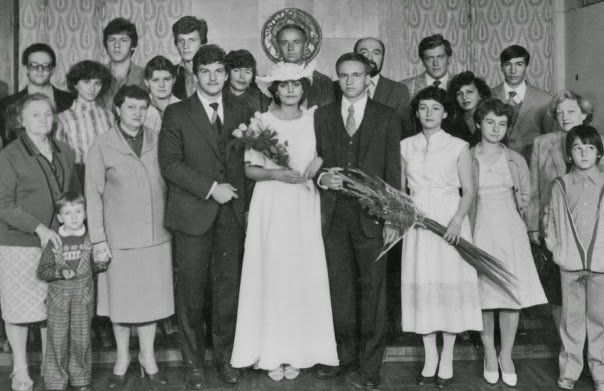
The wedding of Adassa’s parents
in Soviet Russia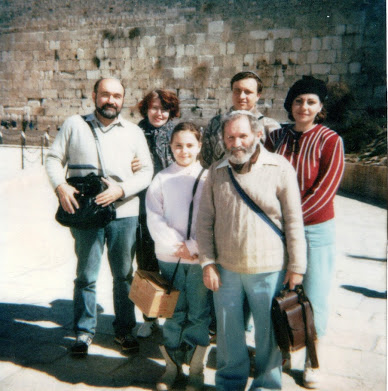
Adassa’s parents, sister, and grandparents arrive in Israel 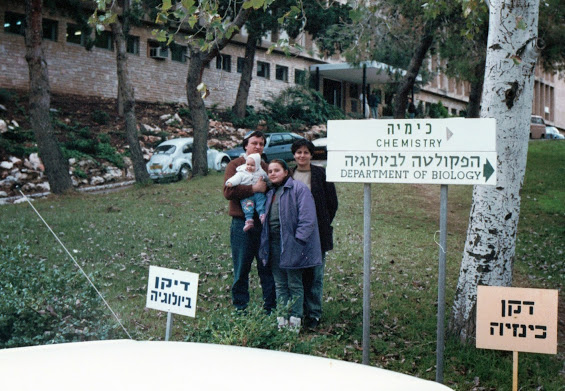
The Budrevich Family at
Technion University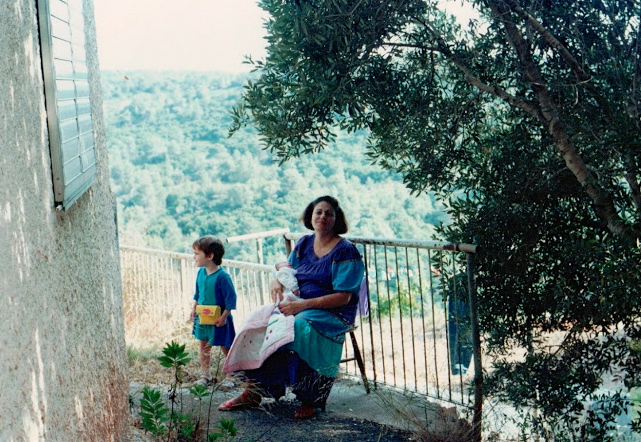
Adassa and her mother
in Israel 1992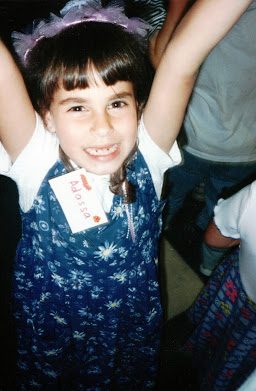
Adassa at school
in America
